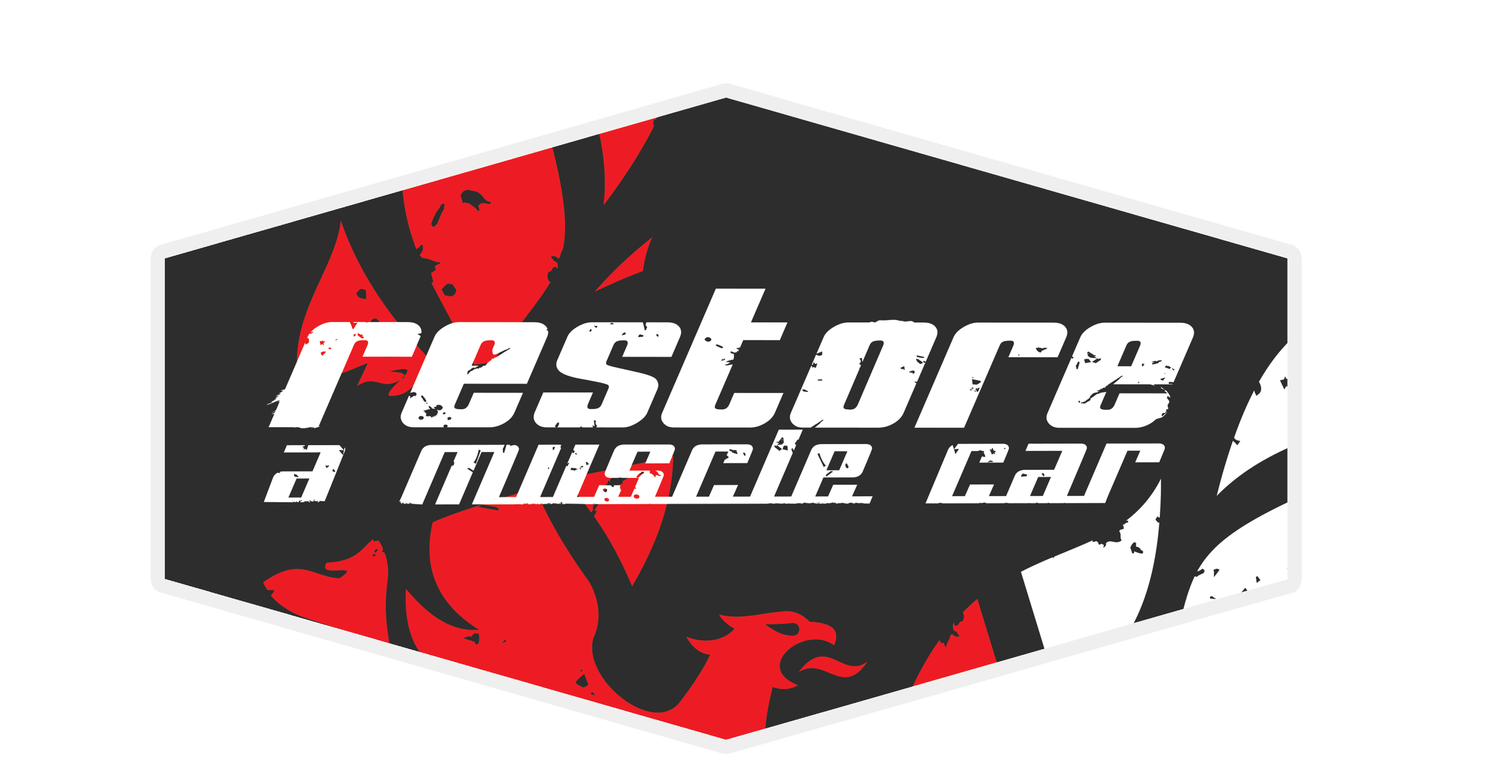The Economic Impact of Car Restoration on Local Economies
Car restoration is more than just a hobby—it’s a thriving industry that significantly contributes to local economies. From small-town garages to specialized parts manufacturers, the ripple effects of classic car restoration support businesses, create jobs, and drive tourism. Let’s explore how car restoration fuels economic growth at the local level.
Supporting Small Businesses
Restoring a classic car requires a wide range of specialized services, many of which are provided by local businesses. Auto body shops, upholstery specialists, machine shops, and paint suppliers all benefit from the steady demand created by restoration projects. These businesses, in turn, support local employment and generate revenue that circulates within the community.
Boosting Job Creation
The car restoration industry creates numerous employment opportunities. Skilled labor, including mechanics, fabricators, and detailers, play a crucial role in bringing classic cars back to life. Additionally, administrative roles in restoration businesses, supply chain logistics, and retail auto parts stores contribute to job growth in the industry.
Driving Local Tourism
Car shows, auctions, and cruise nights attract enthusiasts from near and far, boosting local economies through tourism. These events generate revenue for hotels, restaurants, and shops, bringing a surge in business to the host community. Well-known car restoration hubs often become destinations for collectors, further stimulating economic activity.
Strengthening the Parts and Manufacturing Sector
Classic car restoration relies on a steady supply of replacement parts, many of which are manufactured by small to mid-sized businesses. The demand for reproduction parts, custom fabrication, and aftermarket components ensures ongoing business for suppliers, while also preserving the craftsmanship required to create these parts.
Increasing Property Values
Communities with strong automotive cultures and restoration shops often see an increase in property values. Restored cars can elevate the reputation of a neighborhood, and businesses that thrive on car culture can revitalize once-declining commercial areas.

